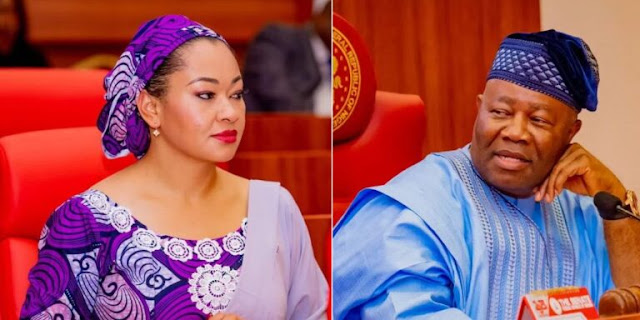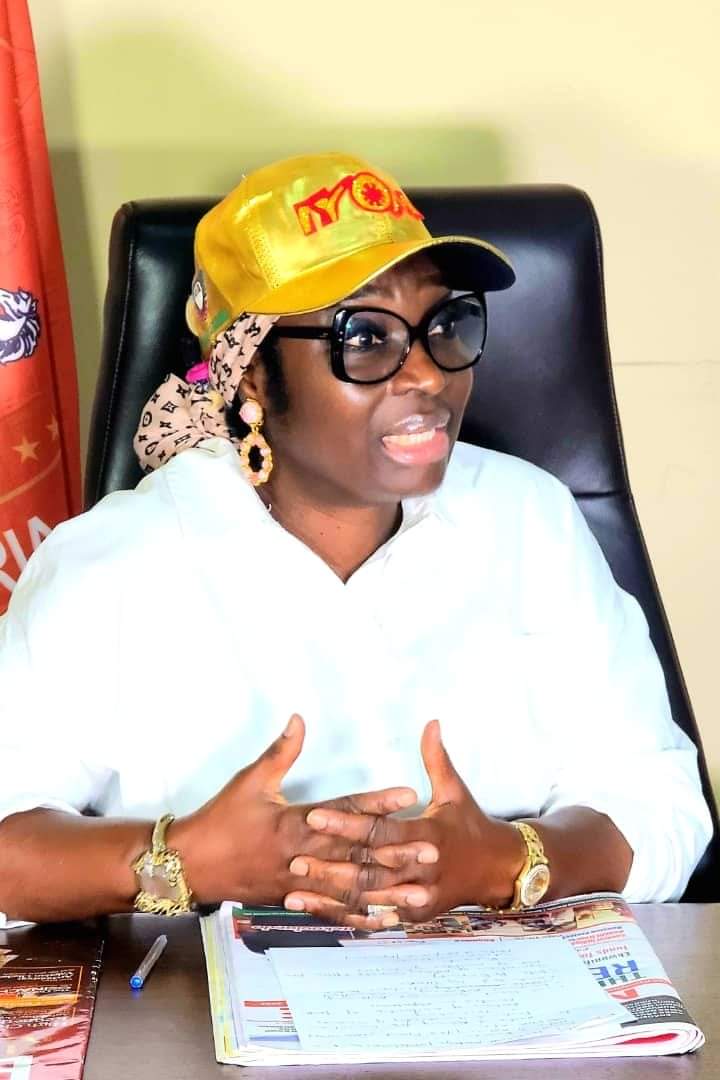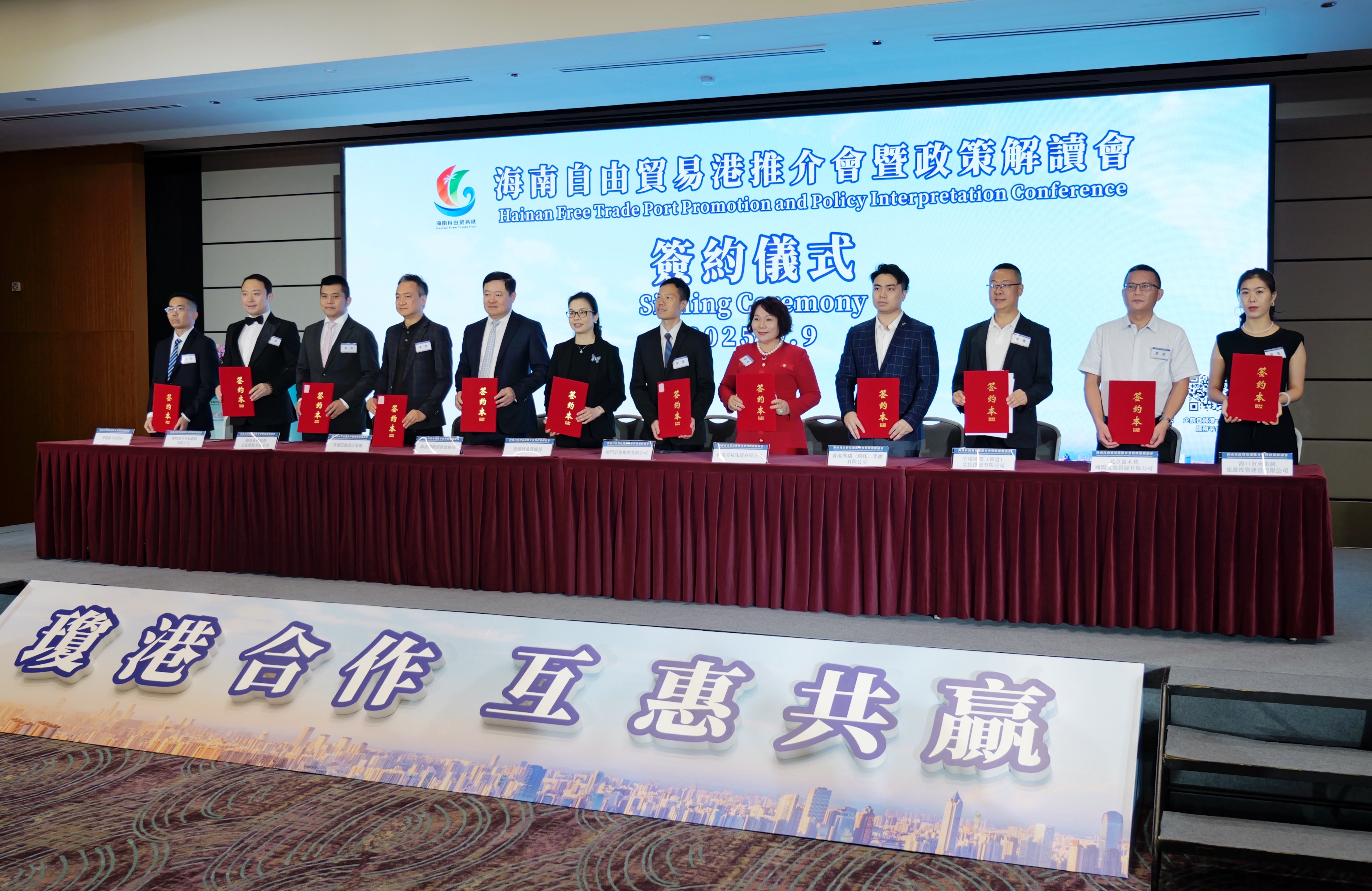In a dramatic turn of events that has sparked widespread controversy, the National Assembly (NASS) of Nigeria has barred Senator Natasha Akpoti-Uduaghan, the representative of Kogi Central Senatorial District, from resuming her legislative duties following a prolonged legal battle over her election. This decision has drawn sharp criticism from major stakeholders, including the Peoples Democratic Party (PDP), the Socio-Economic Rights and Accountability Project (SERAP), and the Inter-Party Advisory Council (IPAC), who have condemned the move as a threat to democratic principles and an affront to the rule of law. The incident has reignited debates about the independence of Nigeria’s judiciary, the integrity of its democratic institutions, and the broader implications for political representation in the country.
The controversy surrounding Senator Akpoti-Uduaghan’s exclusion from the Senate is not merely a legal dispute but a reflection of deeper systemic issues within Nigeria’s political landscape. It raises questions about the balance of power, the role of the judiciary in electoral matters, and the potential for political interference in legislative processes. This article delves into the details of the incident, explores the reactions from key stakeholders, and analyzes the broader implications for Nigeria’s democracy, drawing on historical context, legal perspectives, and political dynamics to provide a comprehensive understanding of the situation.
Background: The Legal and Political Context
Senator Natasha Akpoti-Uduaghan, a prominent figure in Nigerian politics and a member of the PDP, has been at the center of a contentious legal battle since the 2023 general elections. Representing Kogi Central in the Nigerian Senate, Akpoti-Uduaghan’s election was challenged by her opponent from the All Progressives Congress (APC), sparking a series of legal proceedings that culminated in a Supreme Court ruling in her favor. The apex court upheld her victory, affirming her as the duly elected senator for Kogi Central and seemingly bringing closure to the dispute.
However, despite the Supreme Court’s ruling, the National Assembly has reportedly prevented Akpoti-Uduaghan from resuming her legislative duties, citing administrative and procedural reasons. The exact nature of these reasons remains unclear, but sources suggest that the decision may be linked to internal political dynamics within the Senate, including resistance from certain factions opposed to her return. This development has raised alarm bells among political observers, who see it as a potential attempt to undermine the judiciary’s authority and disenfranchise the people of Kogi Central.
Nigeria’s political landscape has long been characterized by intense rivalries between the PDP and the APC, the country’s two dominant political parties. The PDP, which held power at the federal level from 1999 to 2015, has been the main opposition party since the APC’s rise to power. Internal and external conflicts within and between these parties often play out in the courts, the legislature, and the public sphere, with electoral disputes frequently escalating into legal and political battles. The case of Senator Akpoti-Uduaghan is a stark example of how such disputes can spill over into the functioning of democratic institutions, raising concerns about fairness, transparency, and accountability.
The Incident: NASS Blocks Akpoti-Uduaghan’s Return
The decision to block Senator Akpoti-Uduaghan from resuming her duties came as a shock to many, given the Supreme Court’s clear ruling in her favor. According to reports, the Senate leadership cited unspecified “procedural irregularities” in her attempt to return to her seat, a justification that has been met with skepticism by her supporters and independent observers. The move has been interpreted by some as a deliberate attempt to frustrate the senator and delay her participation in legislative activities, potentially weakening the PDP’s representation in the Senate.
The National Assembly’s action is particularly significant because it directly challenges the authority of the judiciary, which is constitutionally empowered to adjudicate electoral disputes. The Supreme Court’s ruling was expected to be final and binding, yet the Senate’s refusal to allow Akpoti-Uduaghan to resume her duties suggests a disregard for judicial pronouncements. This has fueled accusations of political manipulation, with critics arguing that certain elements within the Senate, possibly aligned with the APC, are seeking to suppress opposition voices.
The incident also has implications for the people of Kogi Central, who elected Akpoti-Uduaghan to represent their interests. By preventing her from taking her seat, the National Assembly is effectively denying the constituency its rightful representation in the Senate, raising questions about democratic accountability and the protection of voters’ rights. This situation is particularly concerning given Nigeria’s history of electoral irregularities and the challenges faced by opposition parties in asserting their mandates.
Stakeholder Reactions: PDP, SERAP, and IPAC
The decision to block Senator Akpoti-Uduaghan has elicited strong reactions from key stakeholders, who have condemned the move as undemocratic and a violation of the rule of law. Below is a detailed examination of the responses from the PDP, SERAP, and IPAC, each of which brings a unique perspective to the controversy.
The Peoples Democratic Party (PDP)
The PDP, as Akpoti-Uduaghan’s political party, has been vocal in its condemnation of the National Assembly’s actions. In a strongly worded statement, the party described the move as a “brazen assault on democracy” and an attempt to undermine the will of the people of Kogi Central. The PDP argued that the Supreme Court’s ruling was clear and unequivocal, and any attempt to circumvent it constitutes a direct challenge to the judiciary’s authority.
The party’s national publicity secretary, Hon. Debo Ologunagba, emphasized that the Senate’s decision sets a dangerous precedent for Nigeria’s democracy. “The refusal to allow Senator Natasha Akpoti-Uduaghan to resume her duties is not just an attack on her person but an attack on the democratic rights of the people of Kogi Central and the entire nation,” Ologunagba stated. He called on the Senate leadership to immediately reverse the decision and respect the judiciary’s verdict.
The PDP’s reaction is particularly significant given the party’s ongoing struggles with internal crises and external pressures. The party has faced leadership disputes, defections, and electoral setbacks in recent years, with notable defections to the APC weakening its position in the National Assembly. The blocking of Akpoti-Uduaghan’s return is seen by some within the PDP as part of a broader strategy to marginalize the party and consolidate power in the hands of the ruling APC. The PDP has vowed to mobilize its members and supporters to challenge the decision through legal and political means, signaling a potential escalation of tensions between the two major parties.
Socio-Economic Rights and Accountability Project (SERAP)
SERAP, a prominent civil society organization focused on promoting transparency and accountability, has also weighed in on the controversy. In a statement, the organization condemned the National Assembly’s actions as a violation of democratic norms and an erosion of public trust in governance. SERAP argued that the Senate’s refusal to honor the Supreme Court’s ruling undermines the separation of powers, a cornerstone of Nigeria’s constitutional democracy.
“Democracy thrives on the rule of law, and no institution, including the National Assembly, is above the judiciary,” SERAP’s statement read. The organization called for an immediate investigation into the circumstances surrounding the decision and urged the Senate to allow Akpoti-Uduaghan to resume her duties without further delay. SERAP also emphasized the need for transparency in the Senate’s decision-making processes, warning that such actions could further erode public confidence in Nigeria’s democratic institutions.
SERAP’s involvement in this issue is consistent with its track record of advocating for accountability and good governance. The organization has previously criticized actions that undermine democratic principles, such as the suspension of Channels Television by the National Broadcasting Commission (NBC). By drawing attention to the Akpoti-Uduaghan case, SERAP is highlighting the broader implications for Nigeria’s democracy, including the potential for political interference in legislative and judicial processes.
Inter-Party Advisory Council (IPAC)
The Inter-Party Advisory Council, which represents the interests of registered political parties in Nigeria, has also expressed concern over the incident. IPAC described the Senate’s actions as a “dangerous precedent” that could destabilize Nigeria’s multi-party democracy. The council argued that preventing a duly elected senator from performing her duties undermines the principles of fair representation and electoral integrity.
IPAC’s national chairman called for dialogue between the Senate leadership, the PDP, and other stakeholders to resolve the issue amicably. “The National Assembly must uphold the sanctity of the democratic process and respect the judiciary’s role in settling electoral disputes,” the chairman stated. IPAC also urged the Senate to provide a clear explanation for its decision, emphasizing the need for transparency to prevent further escalation of the crisis.
IPAC’s intervention is significant because it represents a broad coalition of political parties, not just the PDP. The council’s involvement underscores the perception that the Akpoti-Uduaghan case has implications beyond the PDP, affecting the credibility of Nigeria’s electoral and legislative systems as a whole.
Broader Implications for Nigeria’s Democracy
The controversy surrounding Senator Akpoti-Uduaghan’s exclusion from the Senate has far-reaching implications for Nigeria’s democratic institutions and political stability. Below are some key areas of concern, along with an analysis of their significance.
Erosion of Judicial Authority
The Supreme Court is the highest court in Nigeria, and its rulings are meant to be final and binding. By refusing to allow Akpoti-Uduaghan to resume her duties, the National Assembly is effectively challenging the judiciary’s authority, raising serious questions about the separation of powers. This incident is not an isolated one; Nigeria has a history of tensions between the judiciary and other arms of government, with political actors sometimes disregarding court rulings for partisan reasons.
For example, the PDP has previously faced internal leadership disputes, such as the case of Senator Samuel Anyanwu, the party’s national secretary, who faced opposition to his resumption of duties despite legal backing. These incidents highlight a troubling trend of political interference in judicial processes, which could undermine public confidence in the rule of law and weaken Nigeria’s democratic framework.
Political Polarization and Party Rivalries
The Akpoti-Uduaghan case is a microcosm of the intense rivalry between the PDP and the APC, which has shaped Nigeria’s political landscape since 2015. The PDP’s accusations of political manipulation suggest that the APC, as the ruling party, may be leveraging its control over key institutions to marginalize opposition voices. This perception is reinforced by recent defections from the PDP to the APC, which have reduced the opposition’s influence in the National Assembly.
Such polarization threatens to deepen divisions within Nigeria’s political system, making it harder to achieve consensus on critical national issues. The Akpoti-Uduaghan case could become a flashpoint for further conflict between the two parties, potentially leading to protests, legal battles, or even violence if not handled carefully.
Representation and Democratic Accountability
At its core, the blocking of Senator Akpoti-Uduaghan’s return is a denial of representation for the people of Kogi Central. The senator was elected to advocate for her constituents’ interests, and preventing her from doing so undermines the democratic principle of fair representation. This is particularly concerning in a country like Nigeria, where marginalized groups, including women and minority communities, often struggle to have their voices heard in the political arena.
Akpoti-Uduaghan, as a female senator, represents an important symbol of progress in a male-dominated political landscape. Her exclusion sends a discouraging message to women aspiring to political office and could deter future participation. It also raises questions about the National Assembly’s commitment to inclusivity and equitable representation, which are essential for a healthy democracy.
Public Trust in Institutions
The incident has further eroded public trust in Nigeria’s democratic institutions, which are already viewed with skepticism by many citizens. According to a 2023 Afrobarometer survey, only 23% of Nigerians expressed confidence in the National Assembly, reflecting widespread disillusionment with the legislative process. The Akpoti-Uduaghan case is likely to exacerbate this distrust, as it reinforces perceptions of political manipulation and impunity.
SERAP and other civil society organizations have long called for greater transparency and accountability in Nigeria’s governance structures. The failure to address this issue promptly could fuel public discontent, potentially leading to protests or other forms of civic action. In a country with a history of political unrest, such developments could have serious consequences for stability.
Legal and Political Remedies
Resolving the Akpoti-Uduaghan controversy will require a combination of legal, political, and diplomatic efforts. From a legal perspective, the PDP and Akpoti-Uduaghan could seek further judicial intervention to compel the National Assembly to comply with the Supreme Court’s ruling. Legal experts argue that the Senate’s actions may be unconstitutional, as they violate the principle of separation of powers and the judiciary’s authority to settle electoral disputes.
Politically, the PDP could leverage its influence to mobilize public and international pressure on the Senate leadership. The party’s call for protests and other forms of agitation suggests a willingness to escalate the issue, but this approach carries risks, including the potential for violence or further polarization. A more constructive approach might involve dialogue with the Senate leadership and other stakeholders, as suggested by IPAC, to find a resolution that respects the rule of law while maintaining political stability.
The role of civil society and the media will also be critical. Organizations like SERAP can continue to advocate for transparency and accountability, while the media can amplify the voices of Kogi Central’s constituents and hold public officials accountable. International organizations, such as the African Union or the Commonwealth, could also play a role by monitoring the situation and urging Nigeria to uphold democratic principles.
Historical Context: Similar Incidents in Nigeria
The Akpoti-Uduaghan case is not the first instance of a Nigerian senator facing challenges in resuming their duties. In 2018, Senator Dino Melaye, also from Kogi State, faced legal and political obstacles following his arrest and detention on charges widely believed to be politically motivated. Similarly, in 2016, Senator Ali Ndume was suspended from the Senate for raising concerns about alleged irregularities, a move that critics argued was an attempt to silence dissent.
These incidents highlight a recurring pattern of political interference in Nigeria’s legislative processes, often targeting opposition figures. They also underscore the need for stronger institutional safeguards to protect elected officials from arbitrary exclusion and ensure that democratic mandates are respected.
The Path Forward
The controversy surrounding Senator Natasha Akpoti-Uduaghan’s exclusion from the Senate is a critical test for Nigeria’s democracy. It challenges the country to uphold the rule of law, protect democratic representation, and strengthen its institutions against political manipulation. The reactions from the PDP, SERAP, and IPAC reflect a broad consensus that the National Assembly’s actions are unacceptable and must be addressed urgently.
To move forward, the Senate leadership must provide a clear and transparent explanation for its decision and take immediate steps to allow Akpoti-Uduaghan to resume her duties. The judiciary, as the guardian of the rule of law, must also assert its authority to ensure that its rulings are respected. Meanwhile, the PDP and other stakeholders should pursue legal and political avenues to resolve the issue while avoiding actions that could escalate tensions.
Ultimately, the Akpoti-Uduaghan case is a reminder of the fragility of Nigeria’s democratic institutions and the need for constant vigilance to protect them. By addressing this controversy with fairness and transparency, Nigeria has an opportunity to strengthen its democracy and reaffirm its commitment to the principles of justice, representation, and accountability.






